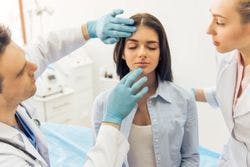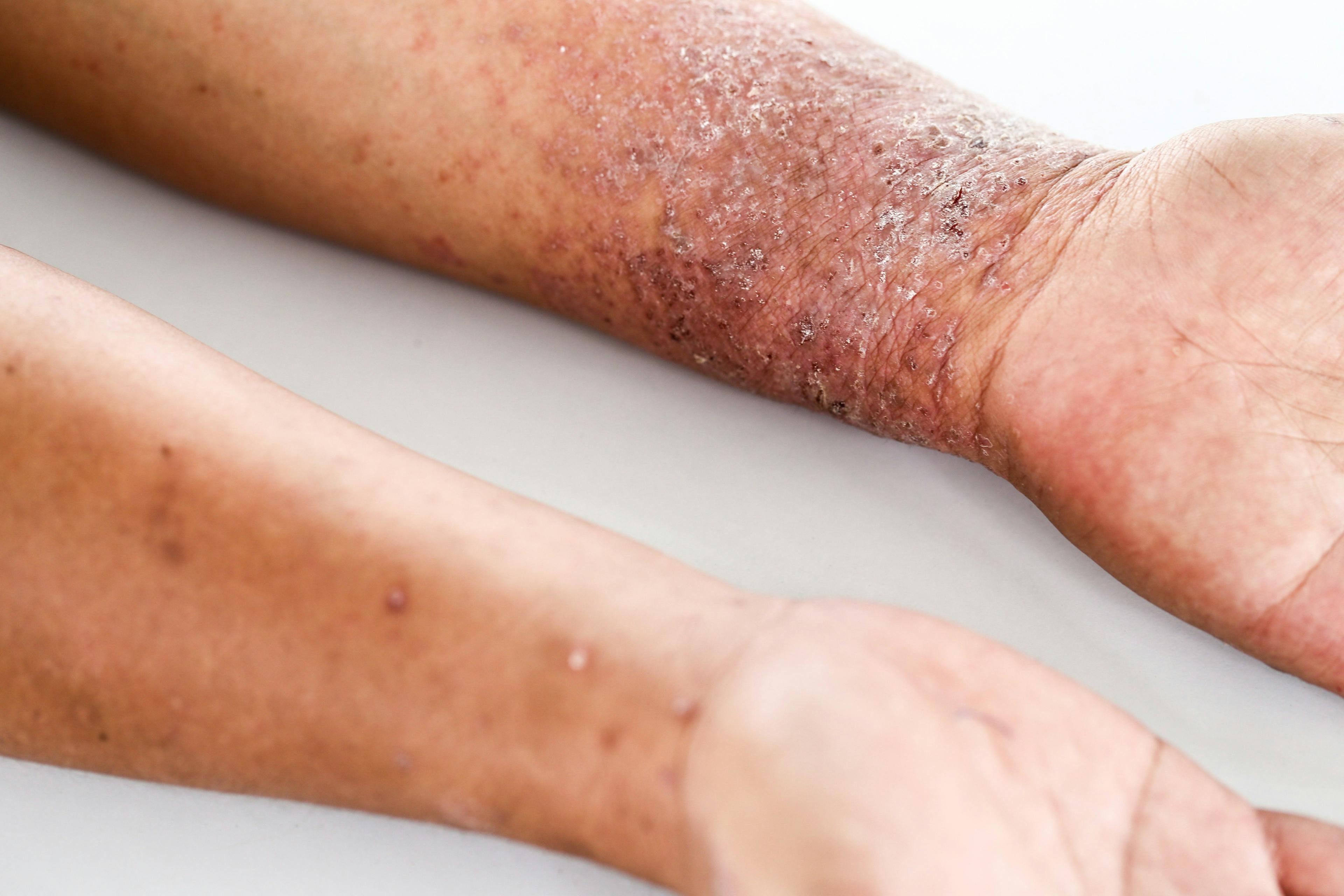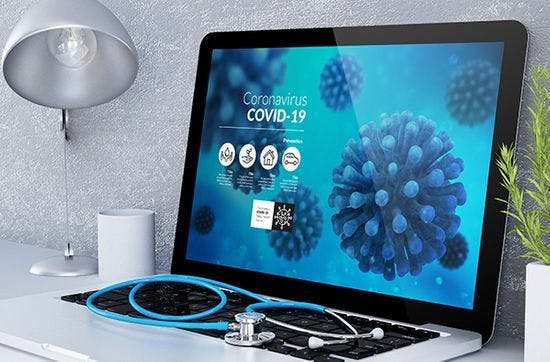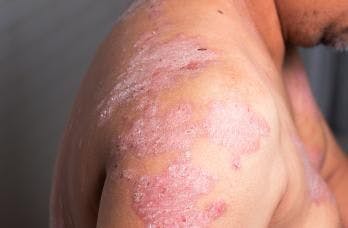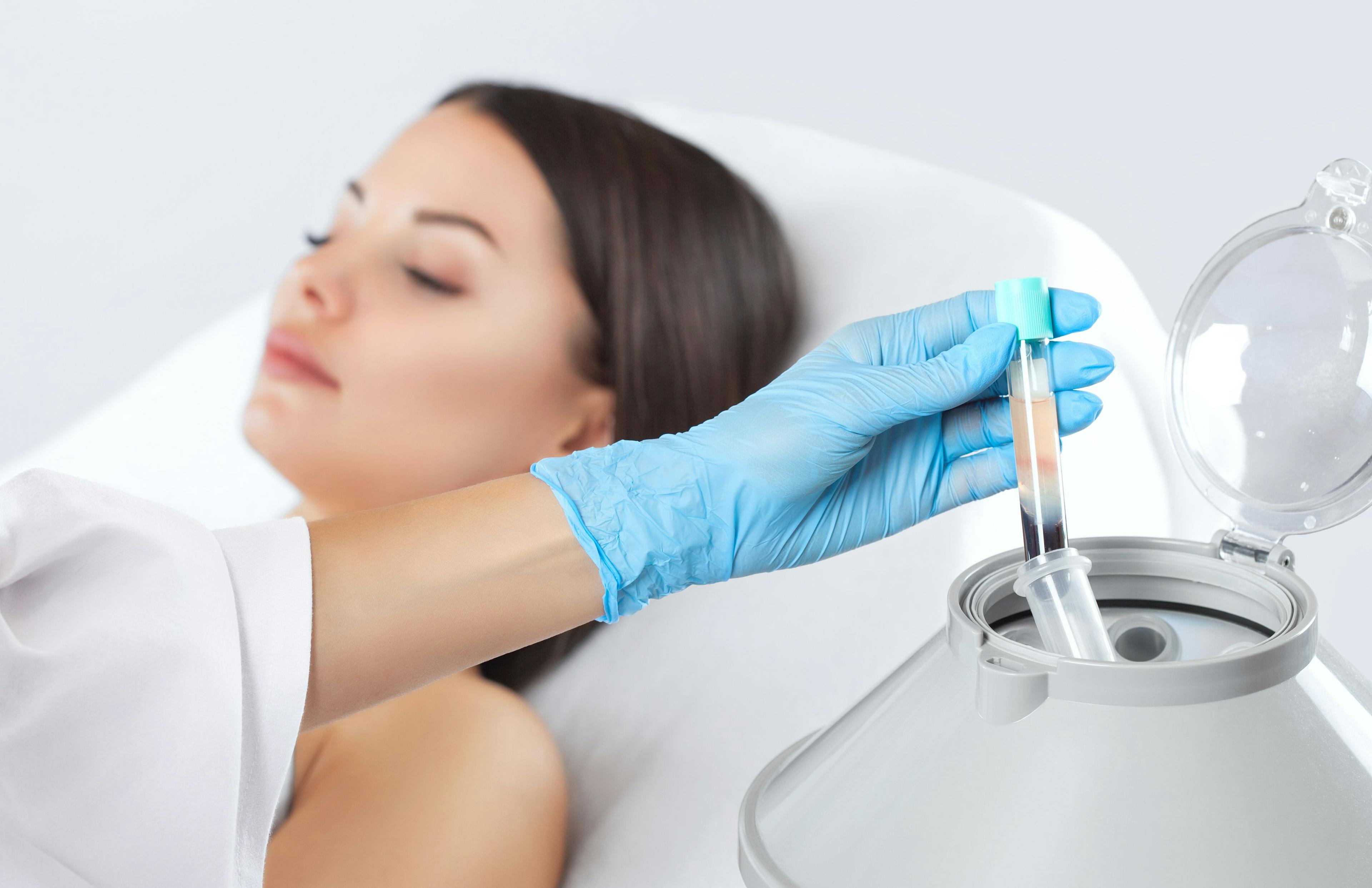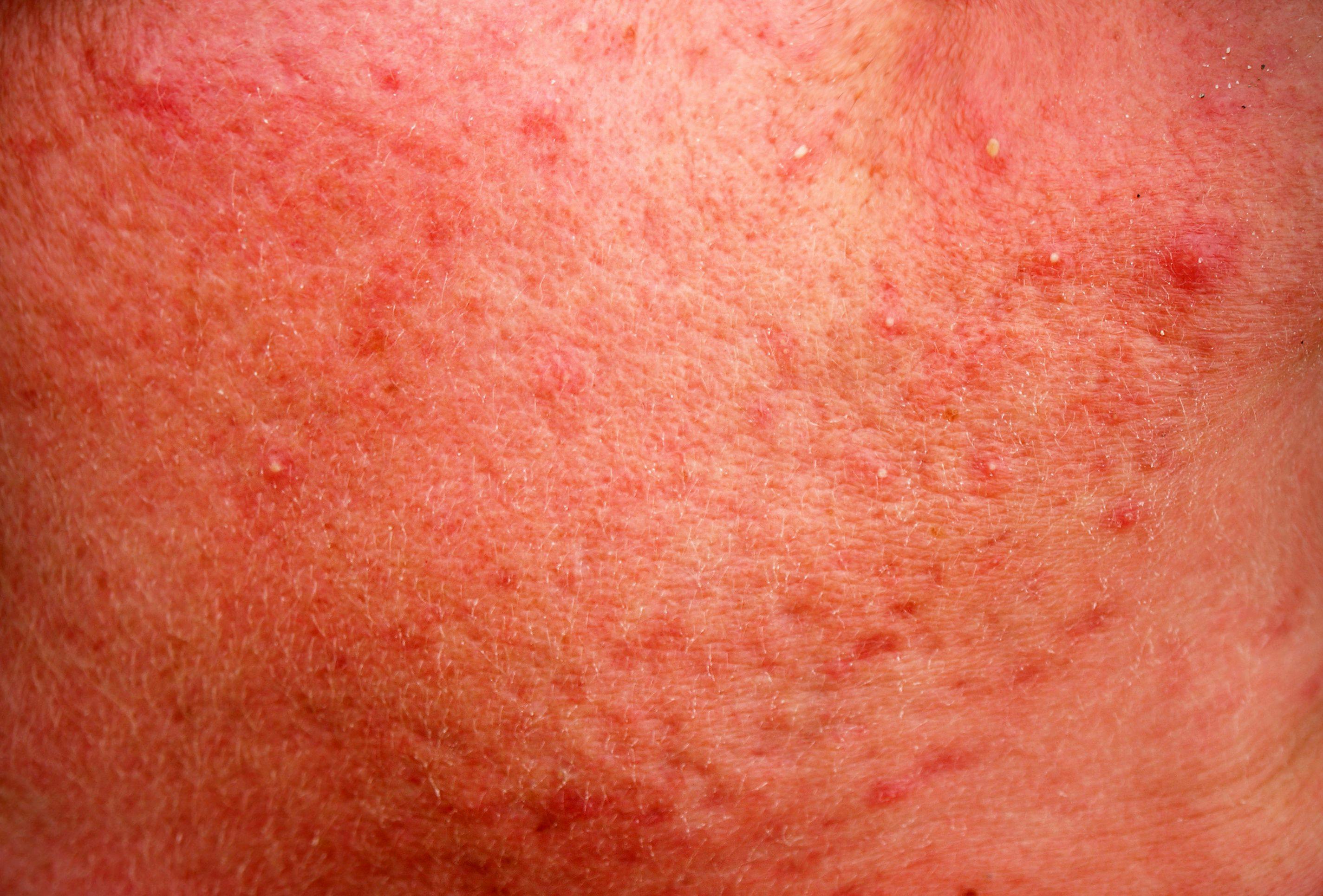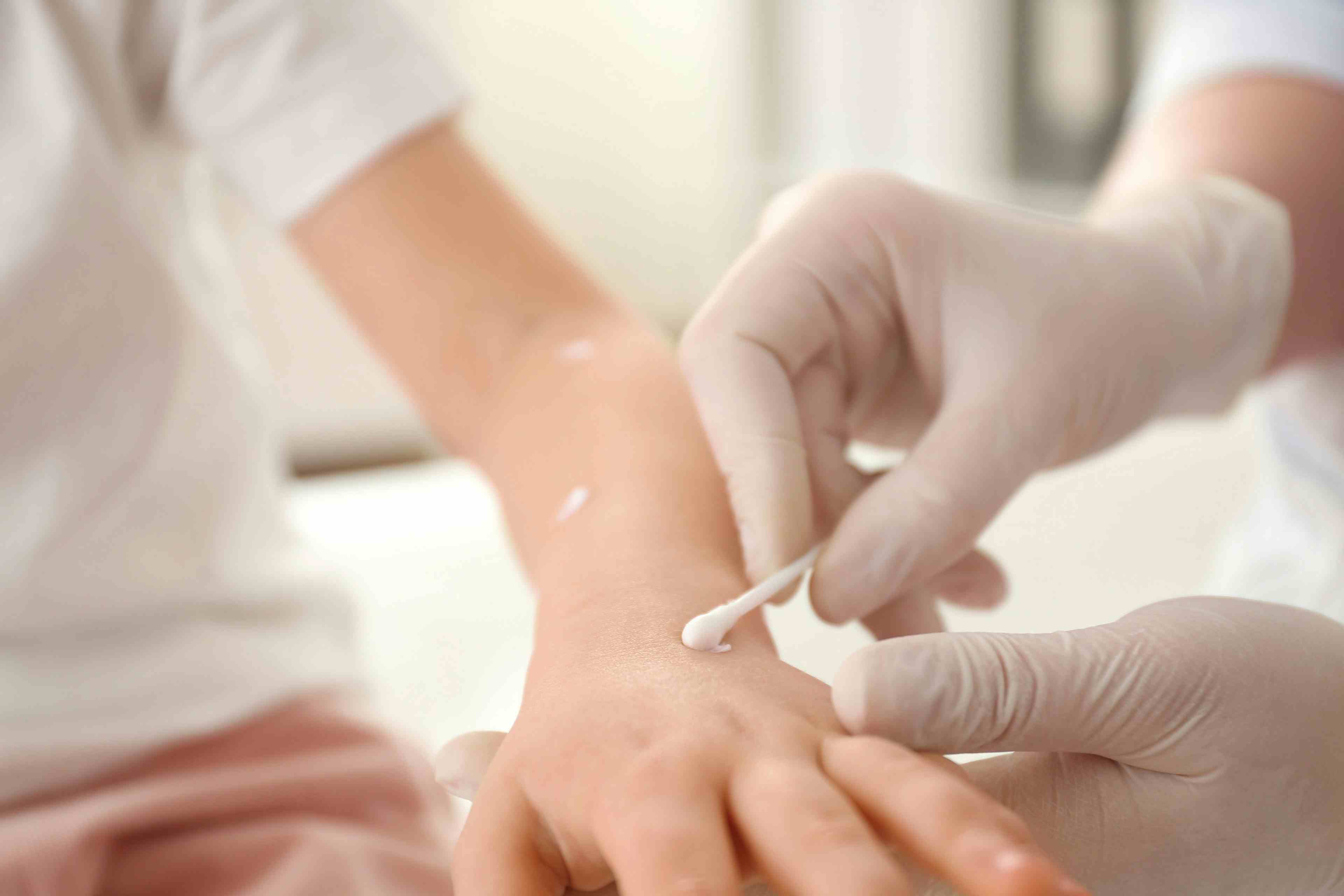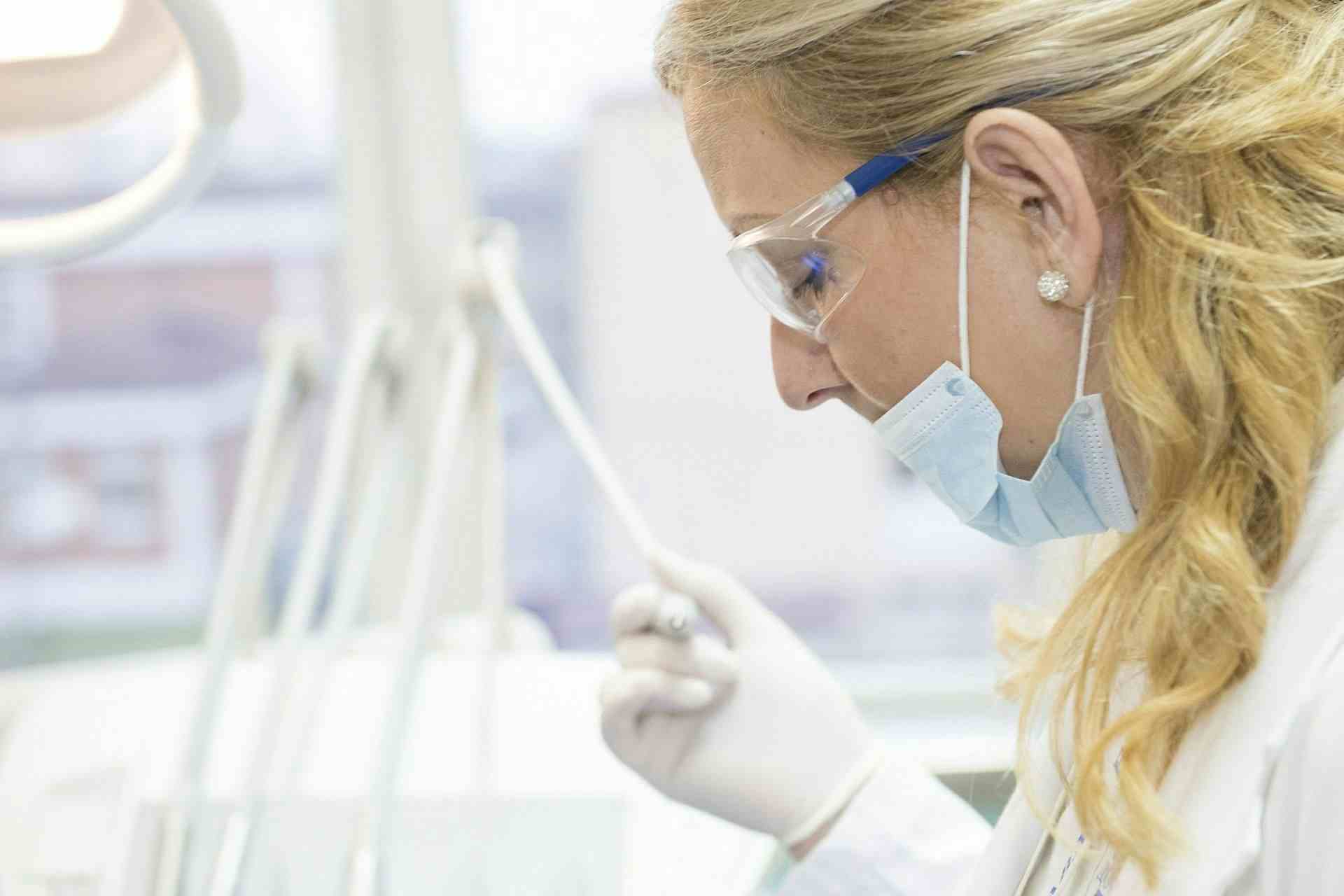- Acne
- Actinic Keratosis
- Aesthetics
- Alopecia
- Atopic Dermatitis
- Buy-and-Bill
- COVID-19
- Case-Based Roundtable
- Chronic Hand Eczema
- Chronic Spontaneous Urticaria
- Drug Watch
- Eczema
- General Dermatology
- Hidradenitis Suppurativa
- Melasma
- NP and PA
- Pediatric Dermatology
- Pigmentary Disorders
- Practice Management
- Precision Medicine and Biologics
- Prurigo Nodularis
- Psoriasis
- Psoriatic Arthritis
- Rare Disease
- Rosacea
- Skin Cancer
- Vitiligo
- Wound Care
Publication
Article
Dermatology Times
Half of patients with AD satisfied with treatment
Author(s):
Half of patients are satisfied with their atopic dermatitis treatment and more than half of patients worry about topical steroid side effects, addiction and withdrawal, according to a recent study.
A recent survey shows that only half of patients are satisfied with their atopic dermatitis (AD) treatment. Yet only around one-third regularly discuss quality of life with their healthcare providers.
Between December 2019 and April 2020, 408 adults answered an 80-question online survey sponsored by Health Union, a patient resource that supports healthcare communities including AtopicDermatitis.net.
“It’s telling that only 49% are satisfied with the care they’re receiving,”1 says Sara Hayes, executive director of community development at Health Union. “Often, satisfaction with your physician or healthcare team correlates strongly to how well-controlled you feel on your treatment plan.”
Among other key findings, only 36% of respondents report that their healthcare providers regularly discuss quality of life with them.
“That’s a big thing for healthcare professionals to understand — they need to ask more about how this condition is impacting patient’s day-today,” she says.
Only 56% of respondents reported completely agreeing with their healthcare provider on the severity of their disease. While clinicians typically gauge severity through clinical measures such as body surface area, Hayes says, they should also factor in quality-of-life impact.
“It’s a little disheartening for people to be told something is mild when they feel it’s consuming their lives,” Hayes says. “We’ve also heard stories of people who find it embarrassing when their skin starts to become weepy and oozes, and sometimes can bleed. These open wounds can cause social anxiety and invite infections."
Elsewhere, the survey reflects high levels of topical corticosteroid (TCS) use and associated concerns. For example, 42% of patients report continuous TCS use for five years. While patients may not use TCS daily, Hayes explains, they may continually refill the prescription to use intermittently for each flare.
Meanwhile, more than half of respondents worry about topical steroid side effects, addiction and withdrawal. Experts estimate that approximately 12% of patients with AD who use topical steroids develop topical steroid addiction (TSA).2 Instead of having a psychological compulsion, patients must continually use TCS or their eczema flares. During topical steroid withdrawal (TSW), symptoms may worsen beyond pretreatment levels. This process often leads to red skin syndrome (RSS), in which painful redness develops in the application area and spreads elsewhere. Patients can become bedbound. Some patients describe this as the lowest point in their lives, she says.
Hayes finds it equally concerning that 31% of respondents have never heard of TSW.
Not surprisingly, following physicians’ orders is a “huge topic” in the AD community, she says. While many patients plan to stop using TCS before their skin becomes somewhat addicted, she says, they don’t necessarily consider the future — they want relief now.
Patients tend to follow their physicians’ instructions, she says. “But when they don’t see results, they’ll go back to the doctor and perhaps get a higher potency steroid. That pattern repeats until they’re using very strong steroids.” In the survey, 47% of patients required a higher-strength topical steroid, although less than two-thirds of this group ultimately achieved skin clearance.
Furthermore, only 15% of respondents are satisfied with TCS. “That’s an awfully low number. Many people consider atopic dermatitis ‘just eczema.’ They don't fully understand how much it impacts patients’ quality of life.”
Some patients may skip topical steroid doses or avoid TCS entirely. “There’s a good portion of the community who have that fear of the potential side effects. So, they use them only sparingly and absolutely when needed.”
On a positive note, 39% of respondents actively seek information about the latest AD treatments. Although many types of treatments are under development, says Ms. Hayes, patients find new biologics particularly exciting.
“We see that 42% of respondents feel that they’ve done everything they can, and their condition is still not controlled. New research and potentially new drugs being approved in the future are exciting for them for patients who feel they're out of options." she adds.
Disclosures: Ms. Hayes is executive director of community development with health union.
Reference:
1 Health Union. Atopic Dermatitis in America 2020. Published May 2020.
2 Fukaya M, Sato K, Sato M, et al. Topical steroid addiction in atopic dermatitis. Drug Healthc Patient Saf. 2014;6:131-138.

Newsletter
Like what you’re reading? Subscribe to Dermatology Times for weekly updates on therapies, innovations, and real-world practice tips.

